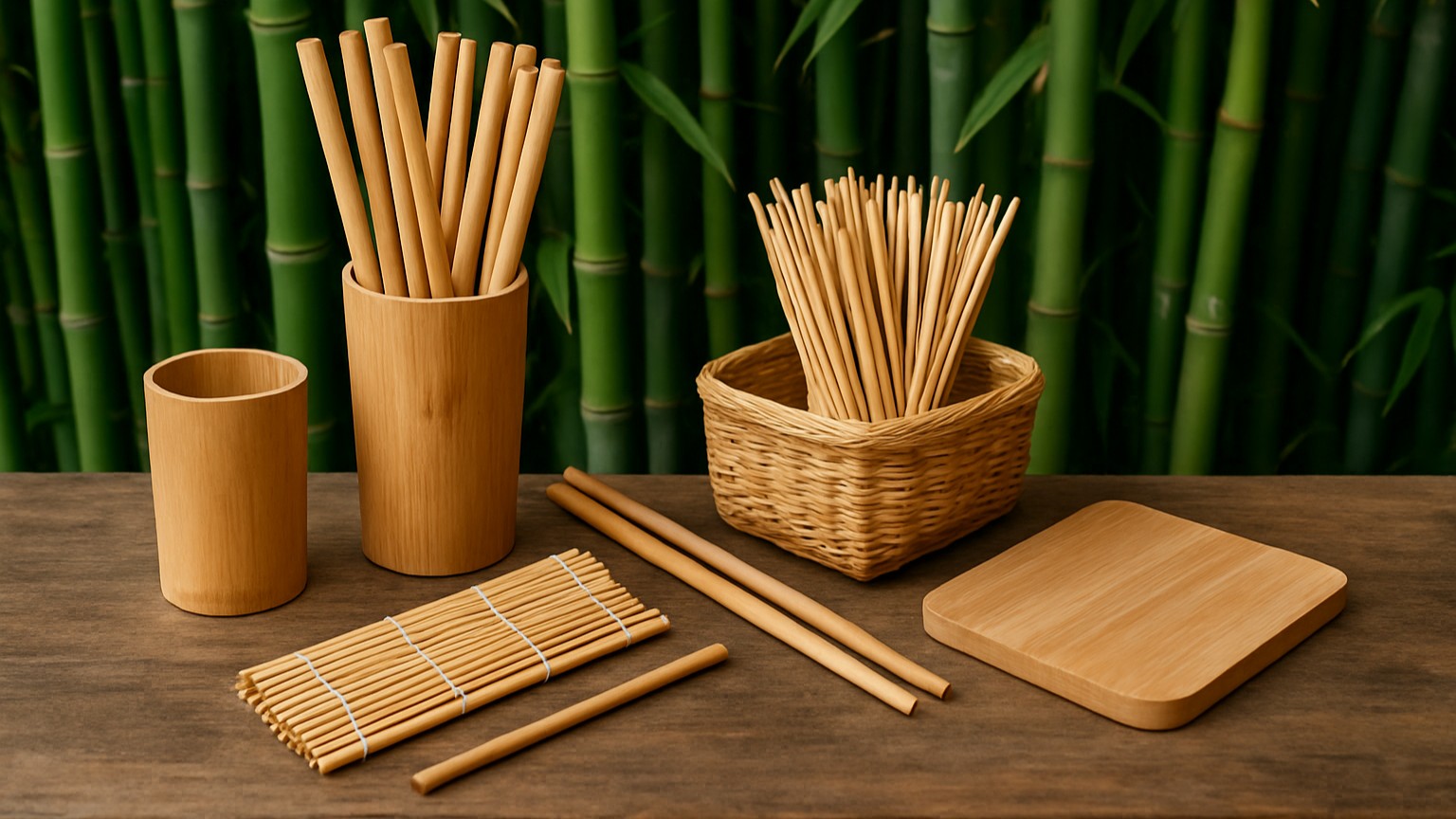Bamboo: Nature’s Versatile Gift to the World

Bamboo is one of nature’s most remarkable and fast-growing plants, known not only for its sustainability but also for its wide range of practical uses across cultures and industries. Found in various parts of Asia, Africa, and South America, bamboo is technically a grass, yet it rivals hardwood in strength and durability. Its rapid growth and minimal need for pesticides make it an eco-friendly alternative in a world searching for greener solutions.
In the construction industry, bamboo is widely used for scaffolding and flooring, and it is even a substitute for steel in some regions due to its impressive tensile strength. It’s lightweight yet strong, making it ideal for building homes, bridges, and furniture in both rural and modern settings. The flexibility of bamboo also allows for creative architectural designs and innovative structural solutions that balance functionality with aesthetics.
Beyond construction, bamboo plays a major role in daily life through items like utensils, mats, baskets, and even textiles. Bamboo fibres can be spun into soft, breathable fabrics that are increasingly popular in eco-conscious fashion. In the kitchen, bamboo is valued for its antimicrobial properties, making it a popular choice for cutting boards, straws, and reusable containers.
Bamboo also holds cultural and spiritual significance in many Asian countries, symbolising strength, flexibility, and endurance. It is used in traditional music instruments, garden landscaping, and as a source of food—bamboo shoots are a staple ingredient in many Asian cuisines. Additionally, its leaves and stems are used in herbal remedies and natural medicines.
With its endless uses, minimal environmental footprint, and cultural importance, bamboo stands out as a truly multifunctional plant. As industries and consumers move toward sustainability, bamboo continues to prove itself as a valuable resource that blends tradition with innovation.
